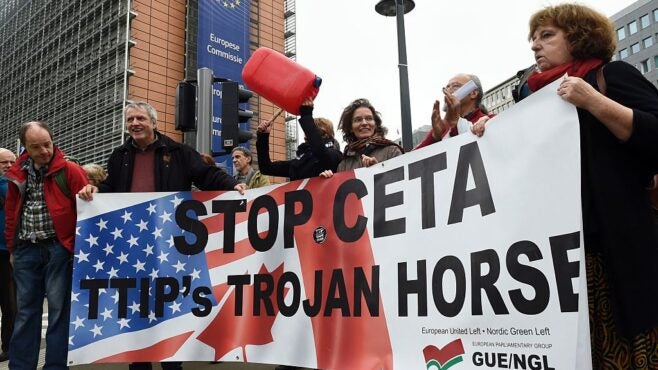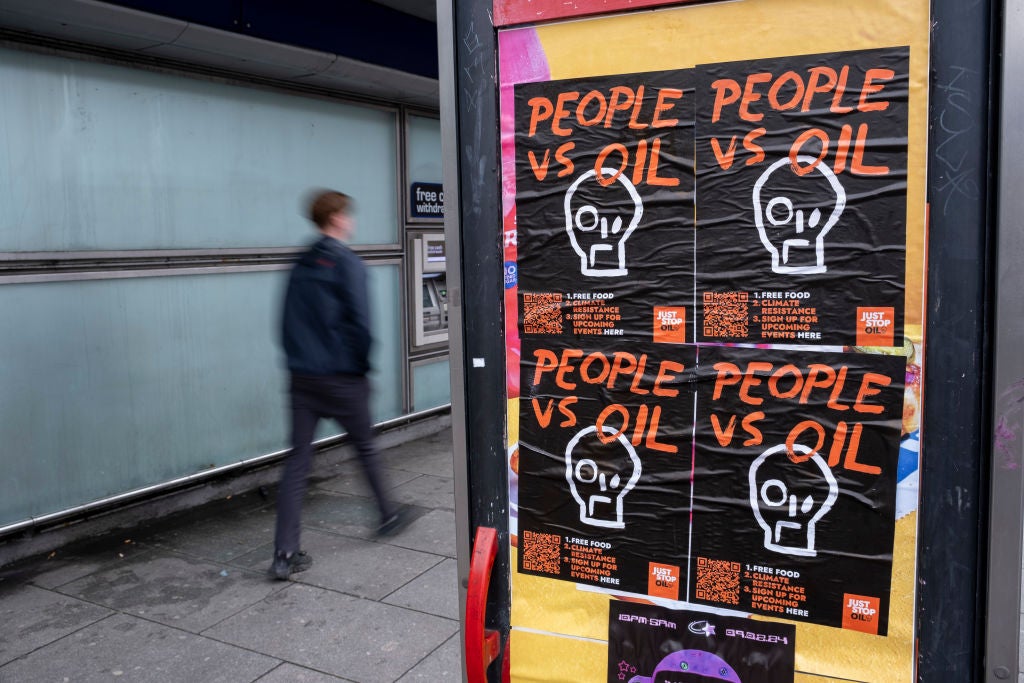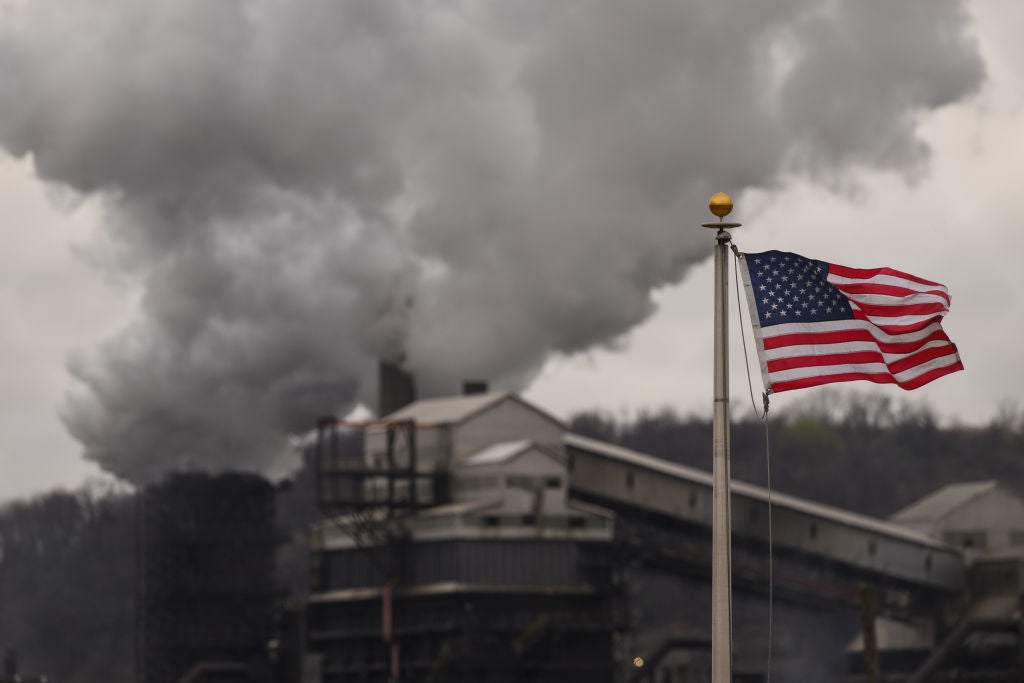As public enthusiasm for free trade has waned in recent years, the European Commission has sought to restore confidence in the prospect of new trade deals by tying them to the climate fight. No new trade deal would be signed with a country not in the Paris Agreement, it promised, and future trade deals, such as the one being negotiated with New Zealand, would contain cast iron guarantees they would not harm the environment.
With all of this grand rhetoric, expectations were high for the Commission’s new trade strategy adopted this month. It promised to “set course for an open, sustainable and assertive EU trade policy”, but when it comes to sustainability, the strategy contains nothing new in terms of concrete actions.

The Commission has repeatedly emphasised this is only a strategic communication and not intended to be as action-oriented as previous trade policy reviews. However, the strategy seems to pay far more attention to making EU trade policy more assertive than it does to making it more sustainable.
The strategy prioritises major reform of the World Trade Organisation (WTO) with reinforced rules to tackle competitive distortions and a restoration of the WTO’s dispute settlement system dismantled by Donald Trump. It focuses on removing unjustified trade barriers in the digital economy, and it promises a tougher, more assertive approach towards the implementation and enforcement of EU trade agreements.
However, it seems to have ignored recommendations for concrete sustainability actions suggested by many of the 400 submissions to the public consultation.
No tools are envisioned in the strategy to enforce sustainability provisions, which are typically shunted off into a separate chapter in free trade agreements (FTAs). The inability to impose them has been identified by experts as one of the main problems preventing green free trade.
How well do you really know your competitors?
Access the most comprehensive Company Profiles on the market, powered by GlobalData. Save hours of research. Gain competitive edge.

Thank you!
Your download email will arrive shortly
Not ready to buy yet? Download a free sample
We are confident about the unique quality of our Company Profiles. However, we want you to make the most beneficial decision for your business, so we offer a free sample that you can download by submitting the below form
By GlobalDataIf the process and tools for implementing and enforcing sustainability provisions are not addressed, then any foreseen improvements to these provisions will have limited impact in practice.
EU officials have pointed to the FTA being negotiated with New Zealand as creating a gold standard for green free trade – but sustainability chapters, including new ones on sustainable food systems, will depend on the goodwill of the signatories if they do not have the same enforcement tools as the rest of the agreement.
The Commission recently appointed a chief trade enforcement officer and created a single entry point complaints platform, but in the strategy, the EU executive has missed an opportunity to outline a clear plan for how to improve the implementation and enforcement of green trade.
The strategy also fails to tackle the thorny issue of Investor State Dispute Settlement (ISDS) mechanisms. Embedded in FTAs, campaigners say these are scaring governments away from passing green legislation. The most flagrant use of these mechanisms has been with the Energy Charter Treaty. Companies have used the treaty to threaten countries like the Netherlands with lawsuits if they pass laws phasing out fossil fuels, saying this would violate the assumptions companies made when investing in fossil fuel plants.
Some positive new ideas for sustainability are buried in the strategy, but you have to look hard to find them.
One potentially promising concept is the EU needing to “enhance its influence in shaping the rules [by developing] a more strategic approach to international regulatory cooperation”. The idea is to focus more on the EU’s transformative potential as ‘the world’s regulator’ by setting standards and regulations the rest of the world follows because of the size of the EU single market. “This calls for closer policy integration between trade policies and internal EU policies,” the communication says.
In a sense, however, this approach can also be seen as signalling that the Commission may have given up on greening free trade. Making sure free trade rules are compatible with climate action is an uphill battle, with the EU highly dependent on cooperation from its global partners. When it comes to standard setting and regulation, the EU can act far more unilaterally – and have others follow its lead.
Countries mirroring EU regulation on electric vehicles, industrial emissions, energy efficiency and renewables to win access to the EU market could have a much bigger and faster impact on the global fight against climate change than free trade agreements, whose effects can take years to be felt.
Perhaps the most interesting thing to come out of this strategy is an admission that FTAs are a tricky business and may not be an ideal vehicle for tackling environmental and climate issues.








Related Company Profiles
Getty Images Inc
AFP Inc